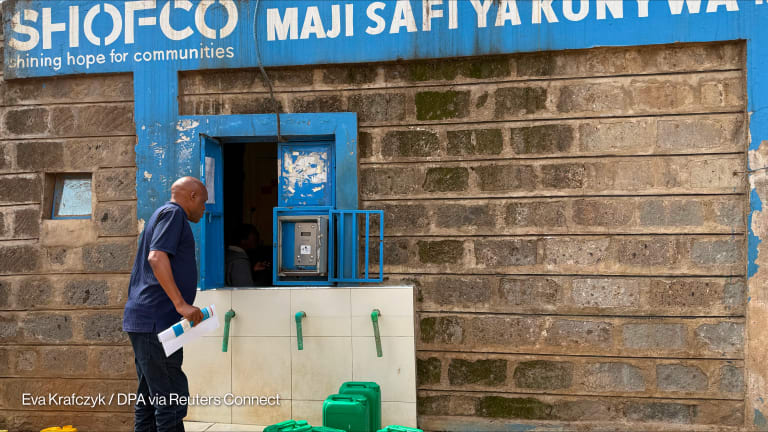The U.S. Agency for International Development is in the midst of a major reform process aimed at making U.S. global development resources and programming more accessible to — and driven by — local partners.
Devex asked three experts and development practitioners, who have worked at the intersection of local leadership and donor funding, to share their views on this latest effort to expand USAID’s partner base and ensure its programs are led by the people they aim to serve.
The panelists in the Devex Pro Live event included Alex Sardar, the former executive director of the Small Enterprise Education and Promotion Network, or SEEP Network, who has extensive experience working on USAID-funded projects; Nixon Ochatre, the founder and team leader at Amani Initiative — a Ugandan local organization that works to prevent and respond to harmful practices against children and women; and Gunjan Veda, a senior manager for global collaborative research and public policy at the Movement for Community-Led Development.
This story is forDevex Promembers
Unlock this story now with a 15-day free trial of Devex Pro.
With a Devex Pro subscription you'll get access to deeper analysis and exclusive insights from our reporters and analysts.
Start my free trialRequest a group subscriptionSearch for articles
Most Read
- 1
- 2
- 3
- 4
- 5








